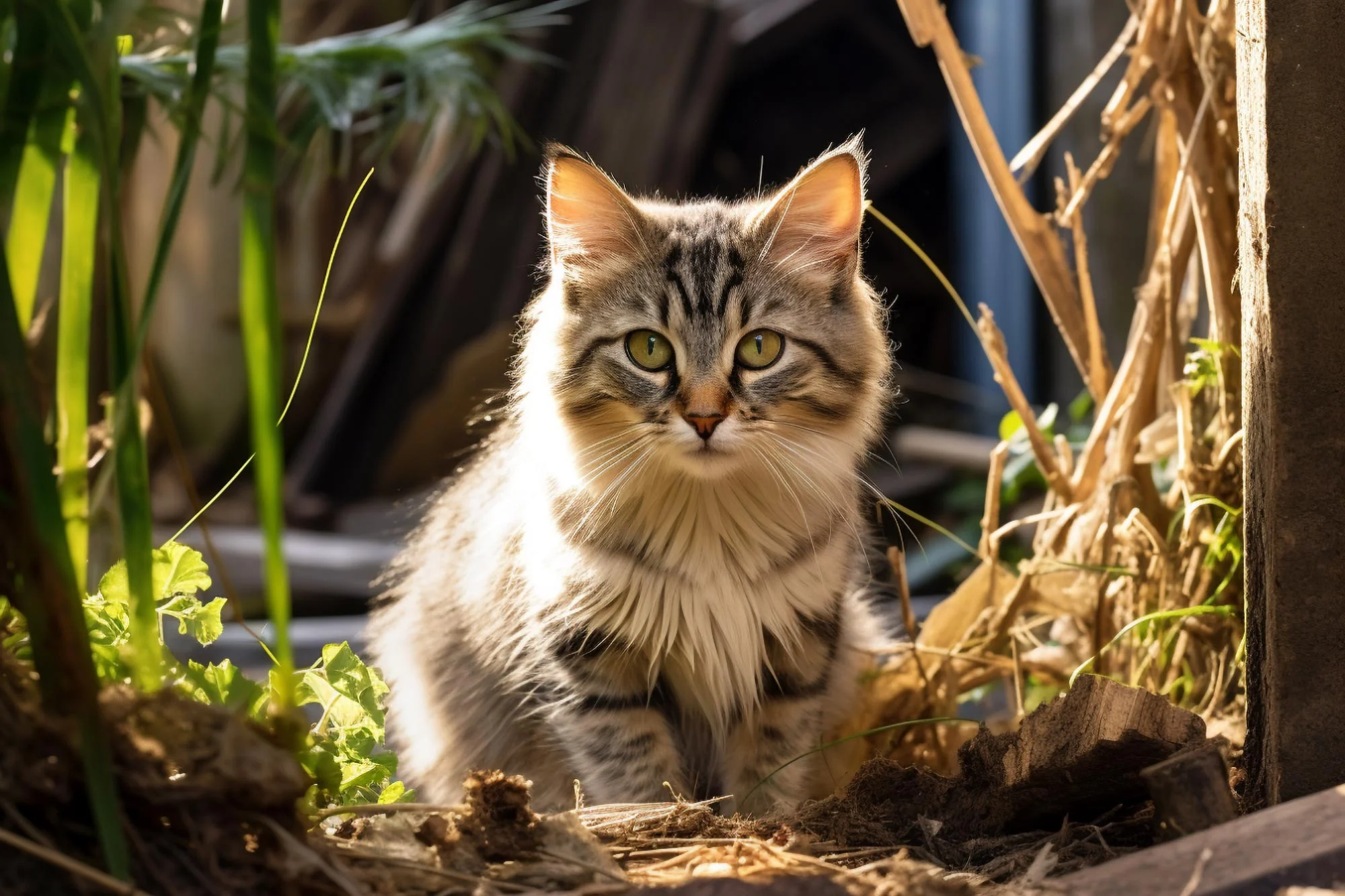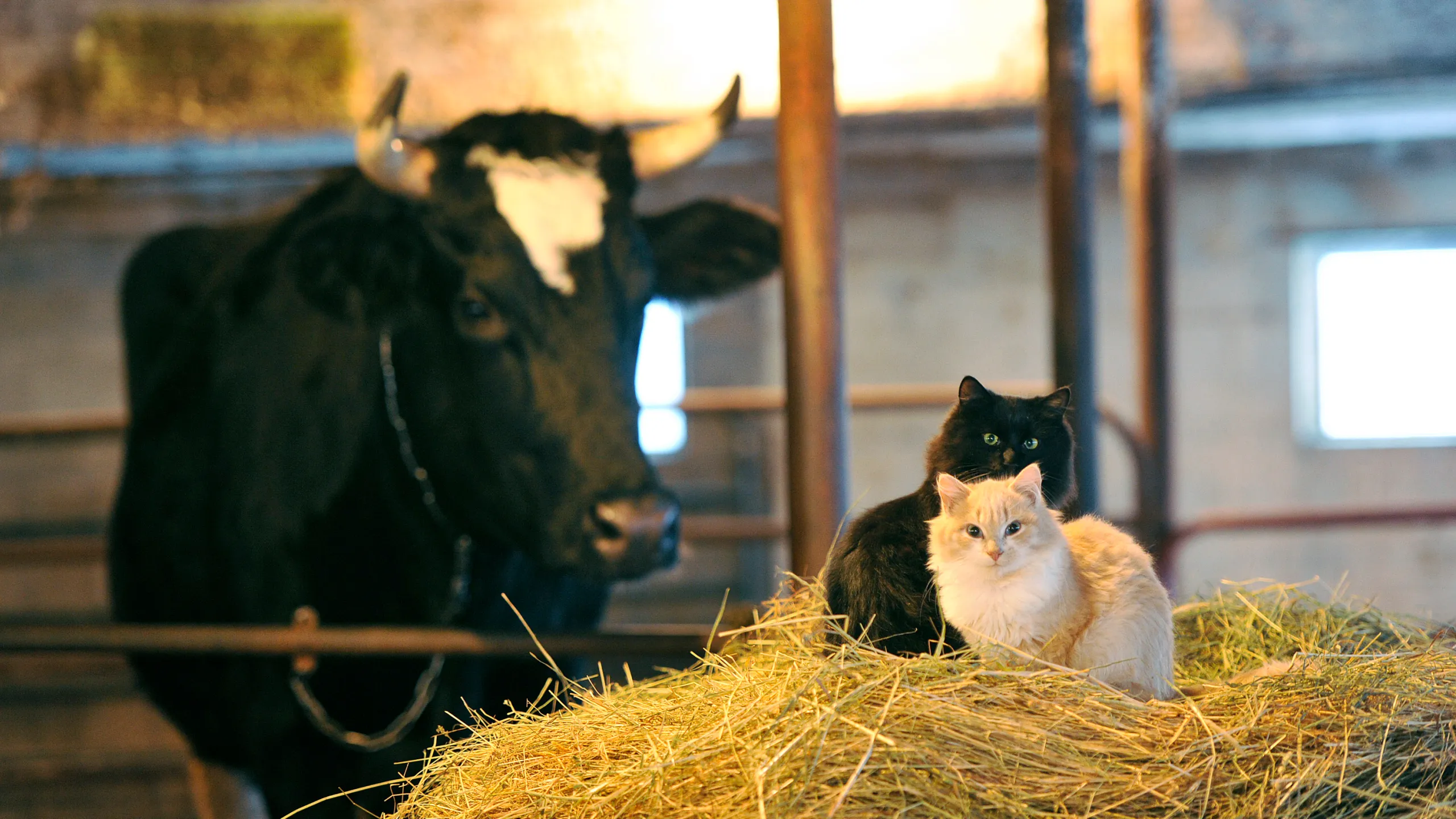The H5N1 bird flu outbreak has had a devastating impact on American farms for over two and a half years, leading to the death of more than 100 million birds and 191 dairy herds.
This strain of avian influenza has also resulted in at least 13 human infections, all of which were mild and believed to have originated from direct contact with infected animals. The situation has escalated recently as this severe strain of the virus has begun to affect domestic cats, a significant concern for pet owners.
Reports indicate that at least 21 domestic cats have contracted the H5N1 strain, with six cases confirmed in Colorado this year alone. One of these infections was traced back to a dairy facility where cattle had previously been infected.
In contrast, two cases involved indoor cats that had no direct exposure to the virus, suggesting possible transmission through indirect means. The remaining three cases were in indoor-outdoor cats that likely came into contact with infected wildlife.

Experts believe that the primary source of these feline infections is linked to outbreaks on dairy farms. It is also suggested that mice, which can carry the virus, might be contributing to its spread into homes.
Kristen Coleman from the University of Maryland points out a significant increase in feline infections since 2023, coinciding with the spread of the H5N1 strain among mammals. This rise highlights the growing concern over the virus’s impact on domestic pets.
Given the high fatality rate of approximately 67% in cats, prevention measures are crucial. Coleman advises keeping cats indoors and limiting their exposure to birds and mice, as these are potential carriers of the virus. By taking these precautions, pet owners can help prevent the spread of the virus and protect their cats from the severe consequences of infection.
The H5N1 bird flu outbreak has expanded from affecting poultry and dairy farms to impacting domestic cats, with a significant rise in feline cases reported. To mitigate the risk, it is important for cat owners to implement preventive measures, such as keeping their pets indoors and away from potential sources of infection.
